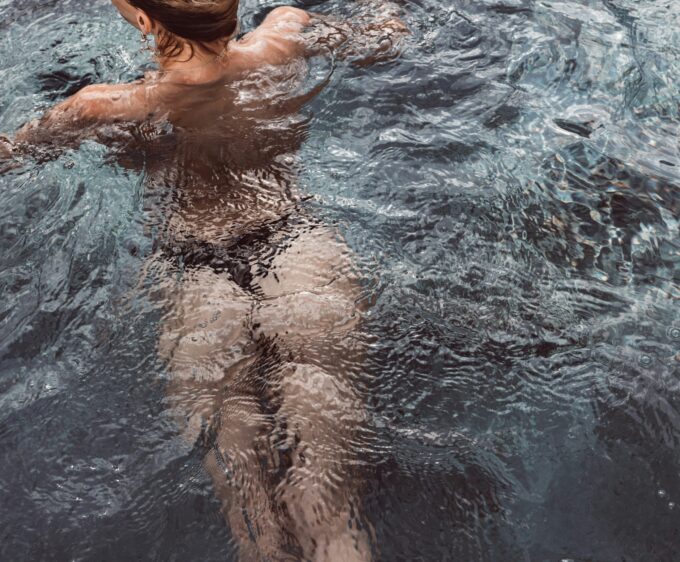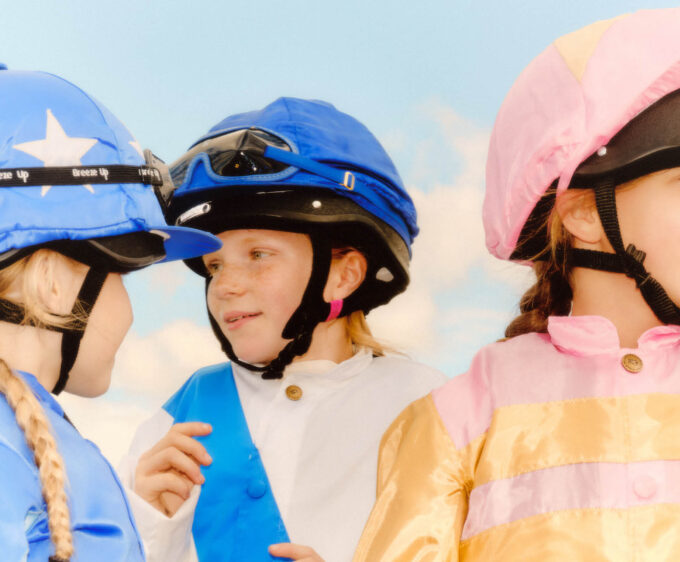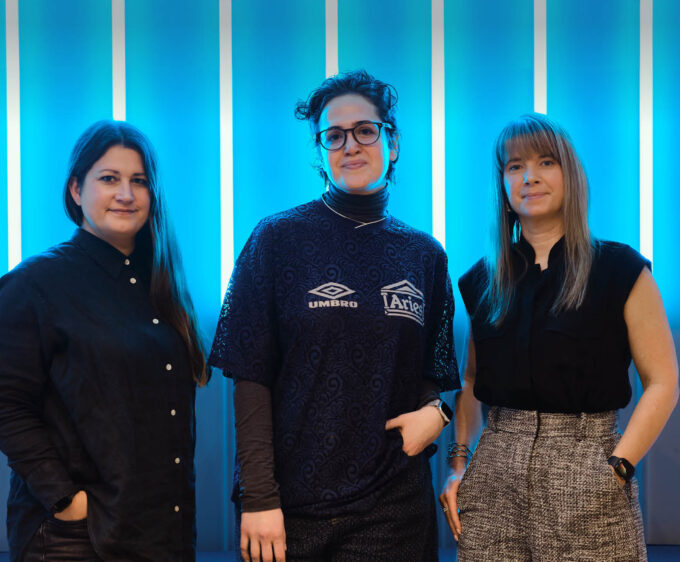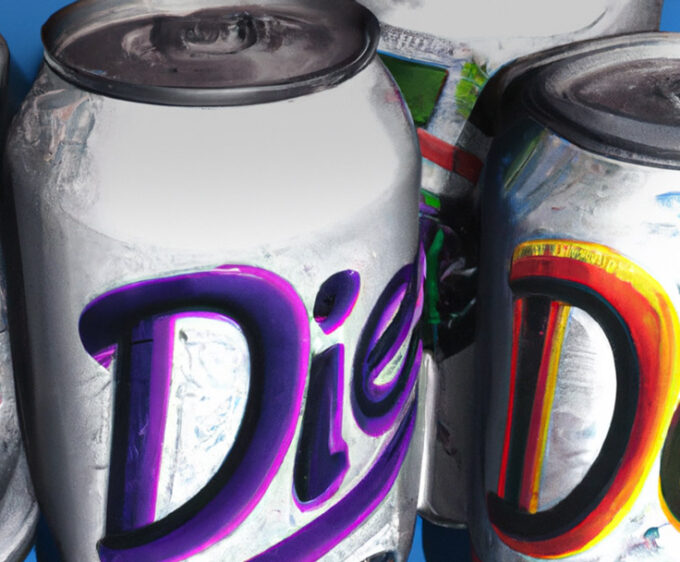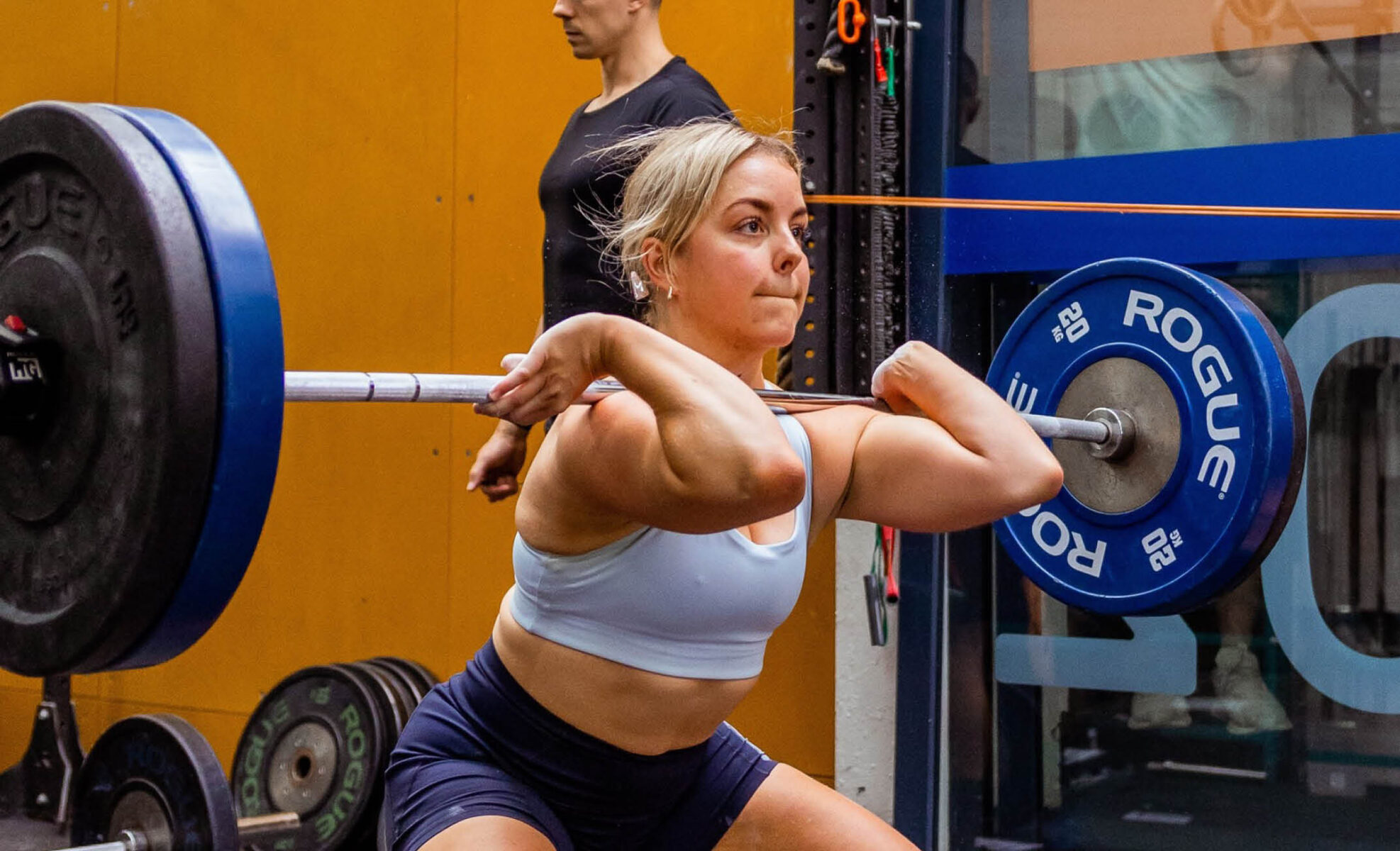
Woke-Wellness: Fact or Fad?
I’m a wellness addict and I’m fed up with being told how to better my health. The more I hear, the less I know, and I’m starting to question whether any of it is actually making me healthier or just more obsessed.
By Ellë Bolland
Ten years ago, I remember sipping on a green juice at Joan’s on Third, a health food marketplace in Los Angeles, predicting that by now, the wellness movement would have made its way to the UK. I envisioned almost everything we see today – a plethora of group exercise classes appealing to the masses, Lululemon-clad brunch-goers strolling down the high street, people allocating a chunk of their salary to boutique gym memberships, tracking their every step, and making daily decisions to better their health without a doctor’s instruction. I couldn’t wait for the day when English people would finally take an interest in the same things as me. I couldn’t wait for my friends to join me for Saturday morning gym classes and say no to nights out. But now that we’re here, I’m questioning whether I actually like where we’ve ended up.

Honestly, I’m a hypocrite – a walking contradiction of myself. When my attention span dwindles by 4pm, I take a leisurely scroll through the “What’s New” tab on the Lululemon website. I book myself in for an overpriced class at Barry’s Bootcamp. I check my step count on the iOS health app and track my runs on Strava. Did it even happen if you didn’t Strava it? I am as basic as they come, and I’m not ashamed to admit it – but I have this self-awareness because I’ve experienced the pitfalls of wellness firsthand.
I know all too well how wellness can become all-consuming. Back when the first gym-fluencers were posting their progress pictures and sharing their macro splits (the proportion of macronutrients in your diet), my obsession with wellness hit its peak. I tracked absolutely everything – from the weight of my vegetables to the final drop of water I drank before bed. I ate meals with no oil to avoid unnecessary calories, refused to order anything when out for dinner because the food wouldn’t be “nutrient-dense” enough, and took progress pictures to document my transformation from a relatively normal, size 10 body to a size 6 with “skinny abs” and disproportionately built thighs and traps.
I resented my strong build, longing instead for a naturally skinny frame – but no matter how many times a day I went to the gym, that wasn’t how I was built. Of course, friends and family expressed concern, and after some time, I began to unravel these unhealthy “healthy” habits. But rather than letting go of the obsession, it simply evolved into a different form – fitness tracking. HRV, recovery scores, sleep patterns – I became as fixated on those numbers as I had once been on my protein intake.
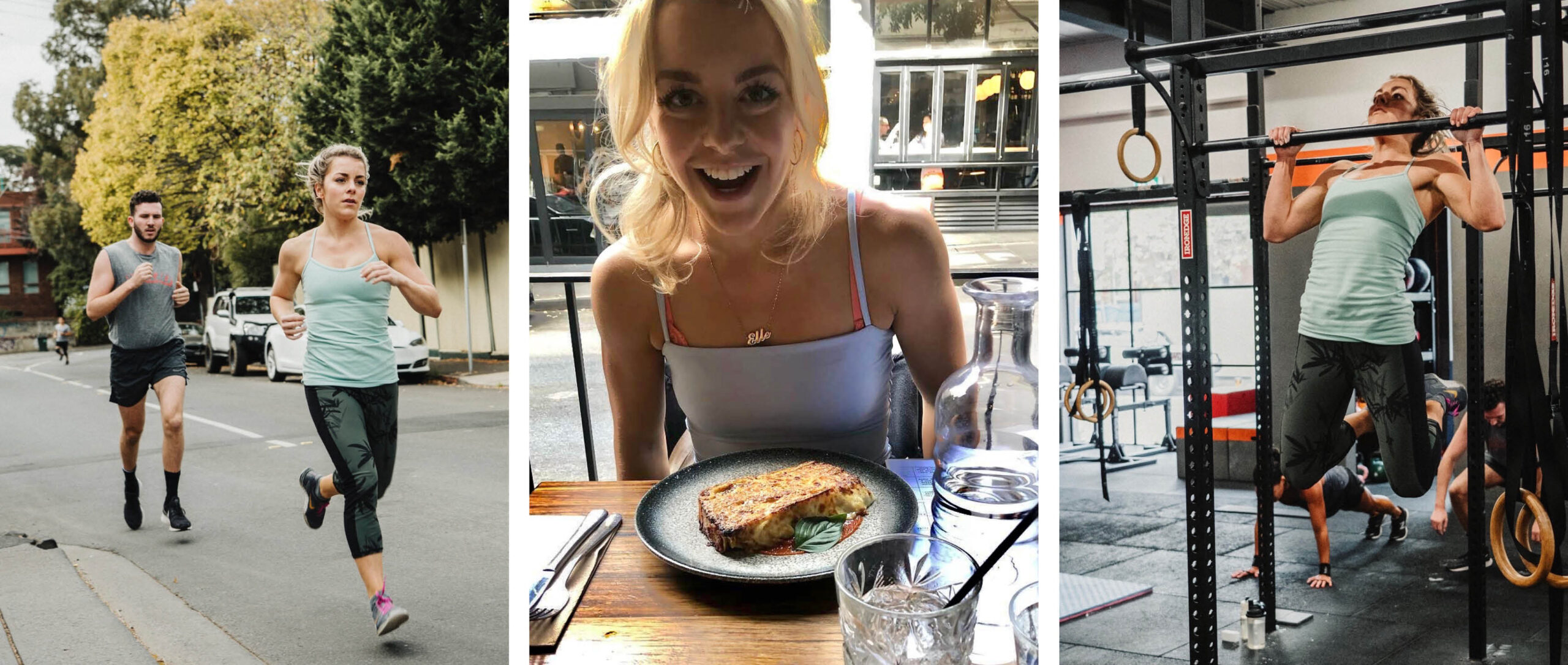
Five years on, I can firmly say I’m free from those obsessive, disordered habits. I’m more self-aware and mindful of what is truly healthy for me rather than blindly absorbing information from the wellness world. But it took my own experience on the other side to get here. Others who don’t have that perspective, or who are earlier in their health journey, may be inclined to take what they read as gospel. And that is where I take issue with the rise of the wellness-woke and their influence over the masses.
While access to this sea of expert opinions, health hacks, and breaking news is undoubtedly empowering, it also places us in a constant state of uncertainty. With every new podcast episode or headline, we’re confronted with the latest “breakthrough” that could either improve our lives or put us at risk. On the one hand, we’re equipped with tools like glucose monitors, the knowledge to supplement our diets with vitamins we may be lacking, and an awareness of harmful substances like microplastics. On the other hand, we find ourselves in a perpetual cycle of questioning: are we doing enough? Or are we simply overwhelmed by a tsunami of information that feeds our collective paranoia?
In this age of constant updates and unfiltered opinions, the line between being informed and being paranoid is hard to find.
My first and main gripe is unqualified voices with a platform providing advice to their wide-eyed audiences. Take Steven Bartlett, for example. While more impartial than the rest of the wellness-woke, Bartlett’s podcast The Diary Of A CEO, has become a magnet for high-profile guests, from Sir Richard Branson to Boris Johnson, Simon Cowell to Louis Theroux. You see these names and almost instantly want to click. Or, if you’re like me – fast-scrolling and attention-short – you watch the sizzle reel, capturing the bold, often polarising claims being made. It’s concerning when guests make sweeping statements, such as Johann Hari linking Ozempic to thyroid cancer or Dr Tim Spector claiming calorie counting is nonsense and that monitoring blood glucose is the way forward (while Bartlett, conveniently, is an investor in Dr Spector’s brand, Zoe). This is my second gripe with the rise of wellness – the surge in wellness products and marketing ploys.

influence
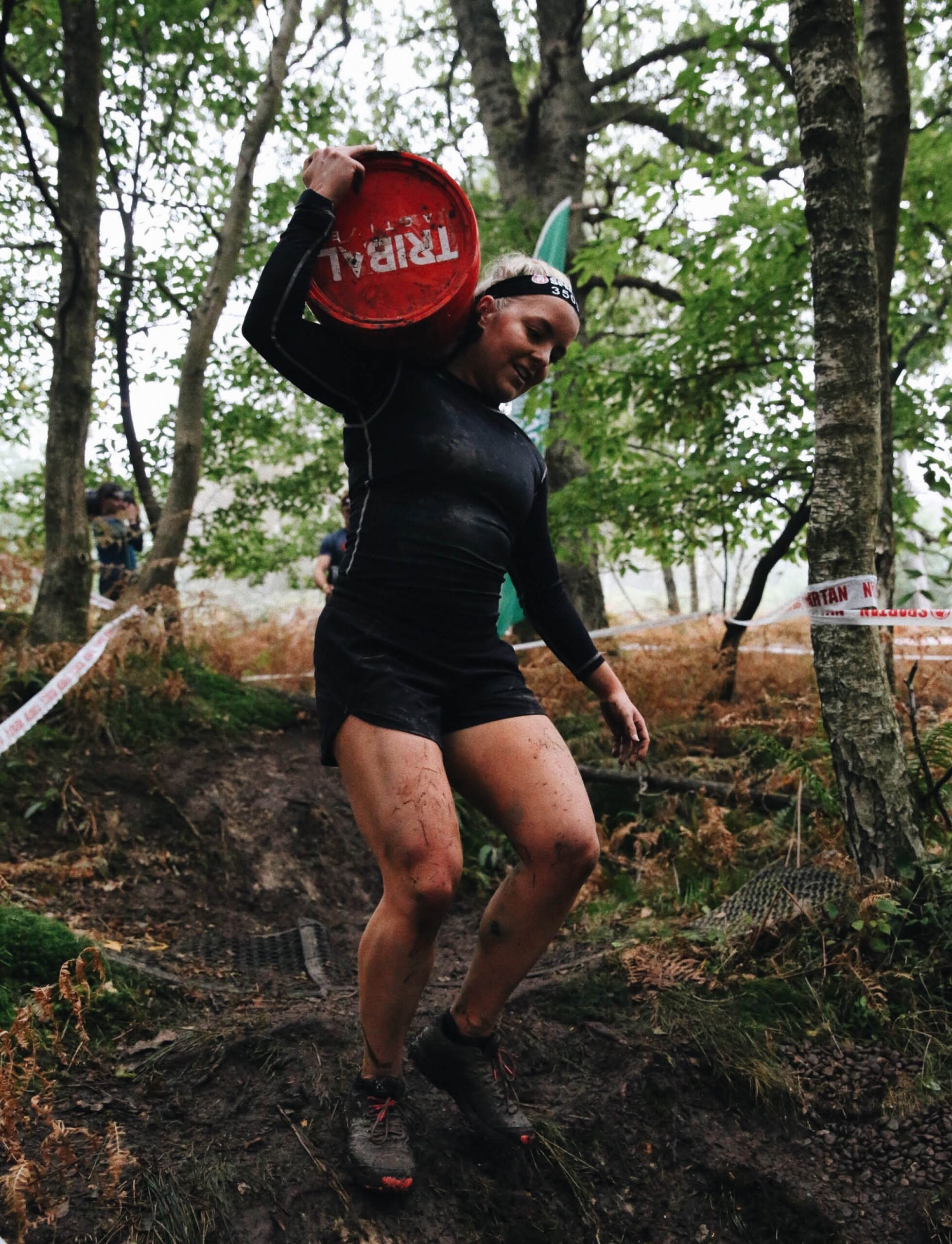
The implicit allure of such products is that we are not okay (even if we are absolutely fine), or at least that we could be better. Furthermore, some of what we’re sold is so ridiculous it’s almost unbelievable – think vaginal steaming (thanks, Gwyneth Paltrow!), vampire facials (made famous by Kim Kardashian), and even placenta smoothies (again, Kim and the Kardashian clan). This imposes the idea that wellness is something we can purchase and, in some way, a reflection of our position in society. It suggests that wellness is wedded to wealth and access to the best resources. But when paired with clever product marketing, we fall into dangerous territory, putting our health into the hands of just another entrepreneur or business.
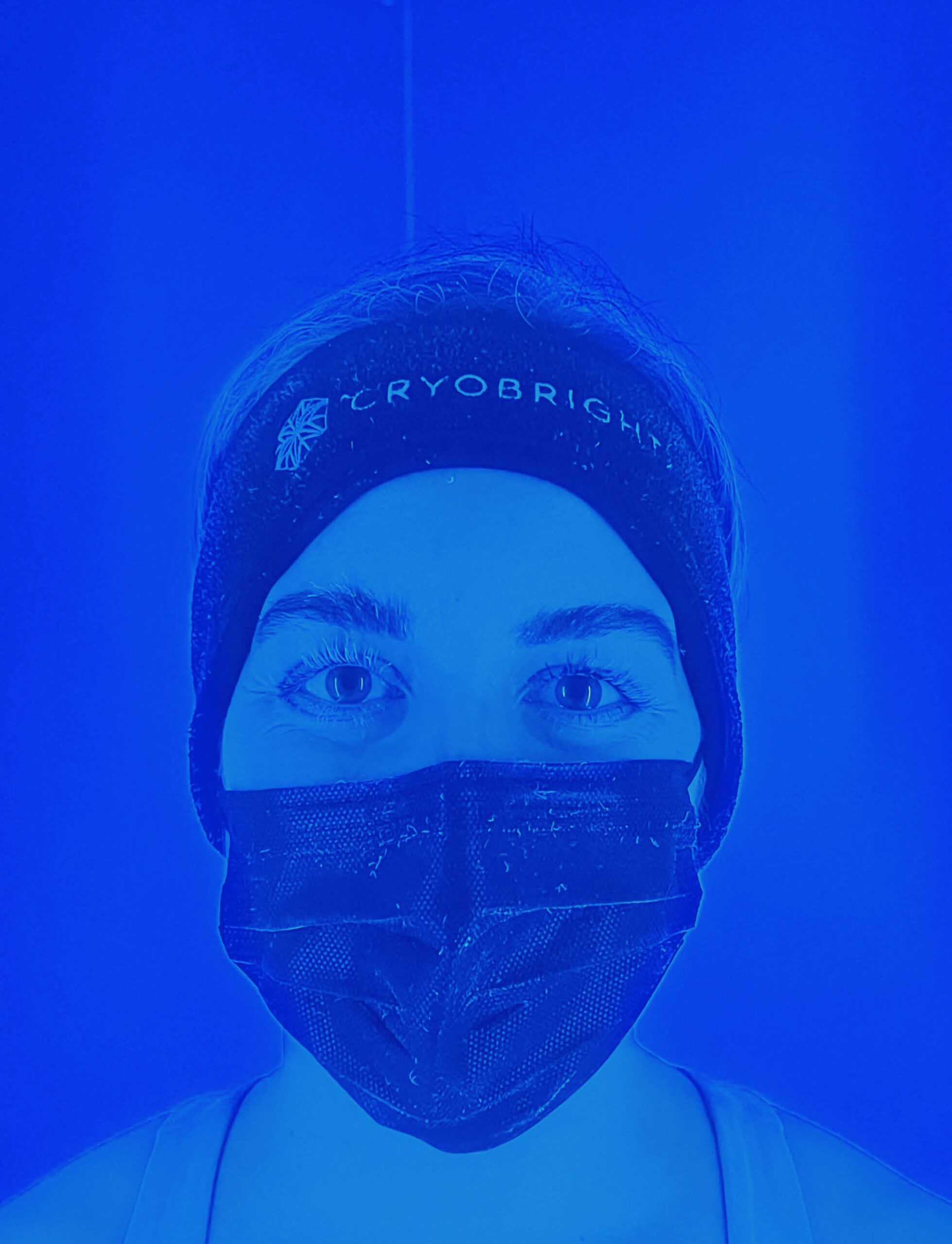
In August last year, two Facebook adverts for the diet app Zoe and the meal replacement brand Huel, both endorsed by Bartlett, were banned by the Advertising Standards Authority (ASA) for being “misleading.” Bartlett praised the products in three sponsored posts on Facebook but failed to disclose that he was an investor in Zoe and a director of Huel. Given his influence, his endorsement alone – even a simple “this improved my health” – was enough to drive sales. No one stopped to ask whether the products actually worked. It’s mob mentality – the inclination to conform to the group, neglecting personal reason in the process. I’ve been a victim of this marketing machine myself, falling for the idea that I needed the next best product to improve my health, convinced by the credibility of the influencers promoting them.
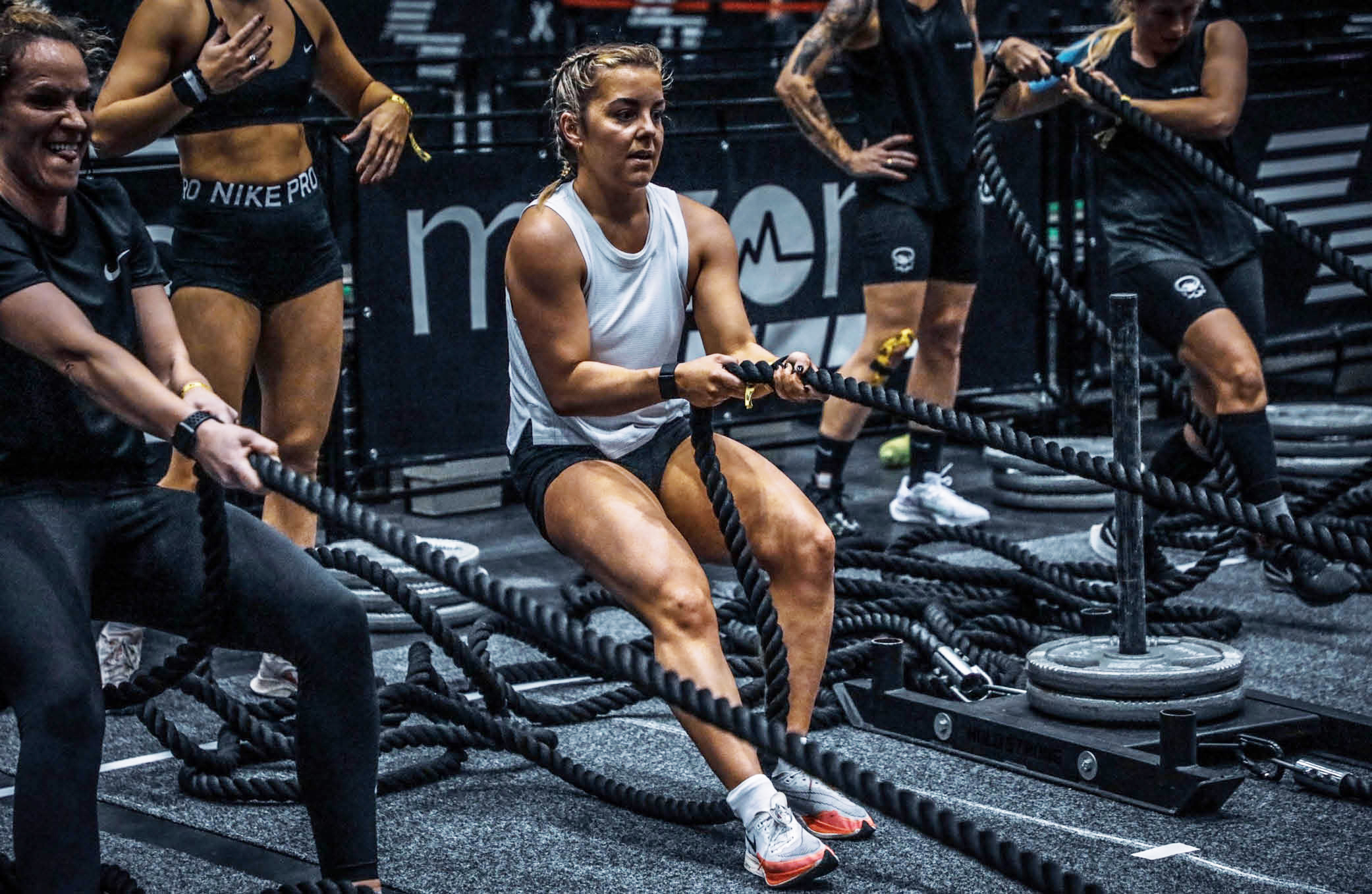
It’s dangerous territory when we’re placing our health in the hands of the unqualified, and there are statistics to indicate the rise of this. Where the advent of the internet saw us use Google to understand symptoms and use this to inform a trip to the doctor, we’ve firmly entered a new age with the rise of social media, and using this as a means to self-diagnose. Podcasts and short-form video content on platforms like Instagram and TikTok have increased the amount of misinformation and is having tangible effects in patients. A 2023 survey conducted by Dublin City University found that 57% of Gen-Z & Millennial TikTok users are influenced by nutrition trends from the platform, capturing a wider image of a moment we are currently seeing – that people have less trust in health professionals and are increasingly relying on videos and other engaging content they see online. The same research found that only 2.1% of the analysed nutrition content on TikTok proved to be accurate when compared to public health guidelines.
Doctors such as Dr Ammad Butt has seen a tangible effect in his surgery. “As a doctor, I am now seeing patients who have chosen not to take medication on the advice of online wellness influencers”, Dr Butt reports. He says that several patients have even heard online that they can treat hormone-related diseases like diabetes with herbal therapies and have actively chosen to try alternative therapies to insulin injections and blood sugar monitoring. Given the many ways people believe we could improve ourselves, “wellness” has evolved into this broad, all-encompassing concept and industry, now encroaching on the domain of mainstream medicine while also absorbing what was once known as “alternative medicine”. It’s as if we are selectively invoking scientific claims when it suits, while more often than not opposing the scientific establishment.
challenged
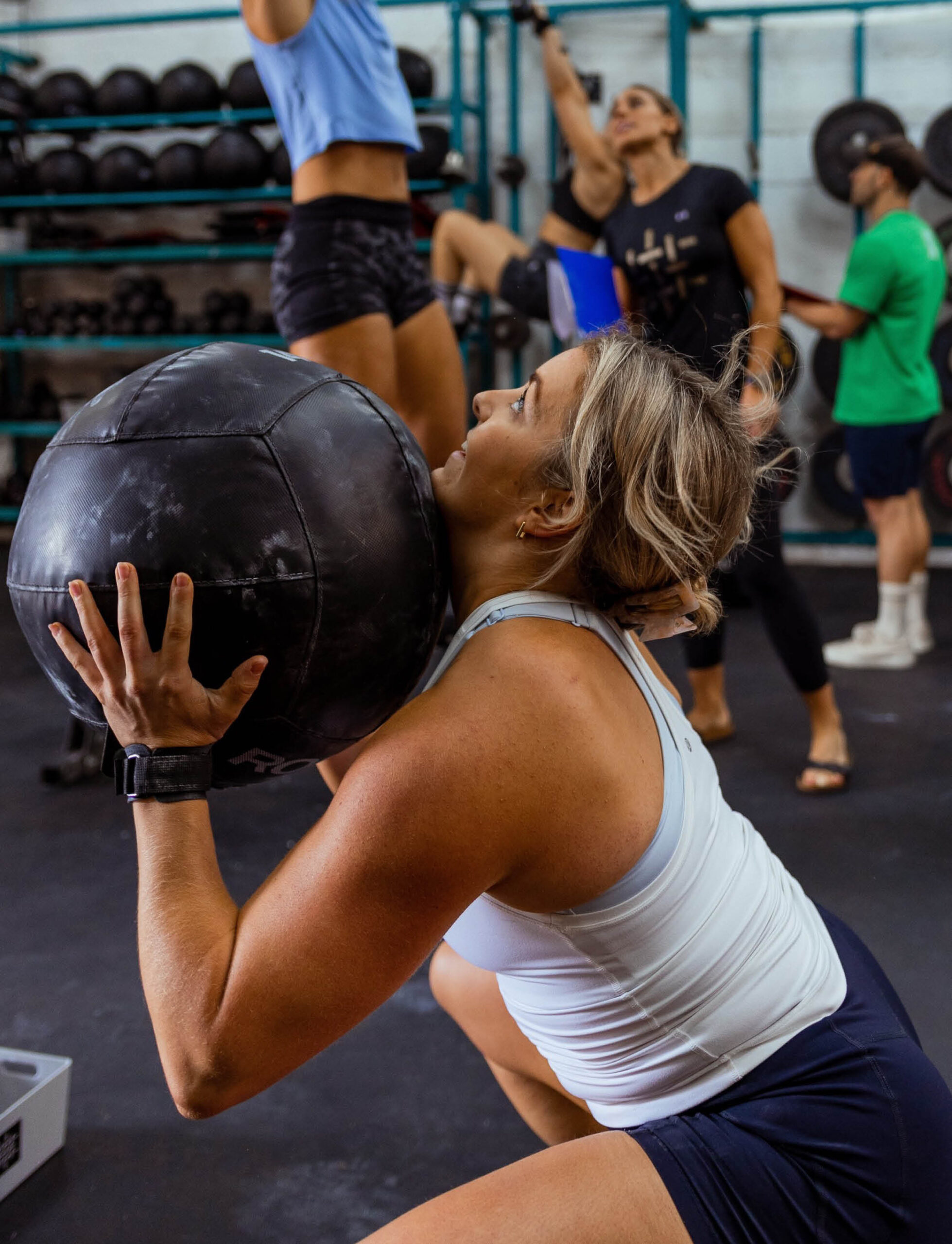
There are countless videos of wellness influencers not only advocating for alternative medicines but going as far as discouraging people from taking conventional ones. With more and more people being influenced online about their health and therefore more prone to using it as a resource for information on how to treat themselves, this is, for the most part, an inherently good thing. However, what is worrying is where they are now sourcing this information from. Where are influencers and content creators being challenged?
If we cast our minds back to Bartlett, while he himself may not make such claims, his podcast consistently makes headlines with brash statements such as “ketogenic diets cure cancer” and the suggestion that polycystic ovary syndrome, autism and other disorders could be “reversed” with diet. While the suggestions seem ridiculous, people are listening to this and taking it seriously.
Most recently, I was listening to Bartlett’s podcast interview with Dr Yvonne Burkart on toxicology, and some of her claims actually made me reconsider my own habits. She explained that scented candles can be toxic, as paraffin wax is more polluting than natural alternatives like soy or beeswax. She also warned that non-stick cookware, like Teflon, releases microplastics into food, which have been found in vital organs such as the lungs and heart. Another point she raised was the hidden risks of plastic containers, advising against heating food in them as the particles can break down and contaminate meals. She also highlighted that manufacturers in the EU, UK, and US are not legally required to disclose all ingredients, meaning vague terms like “fragrance” can sometimes mask harmful chemicals.
Nothing too wild here- these are all things I’ve heard before. But in this episode, Dr Burkart goes even further, making bigger and bolder claims based on her own experience.
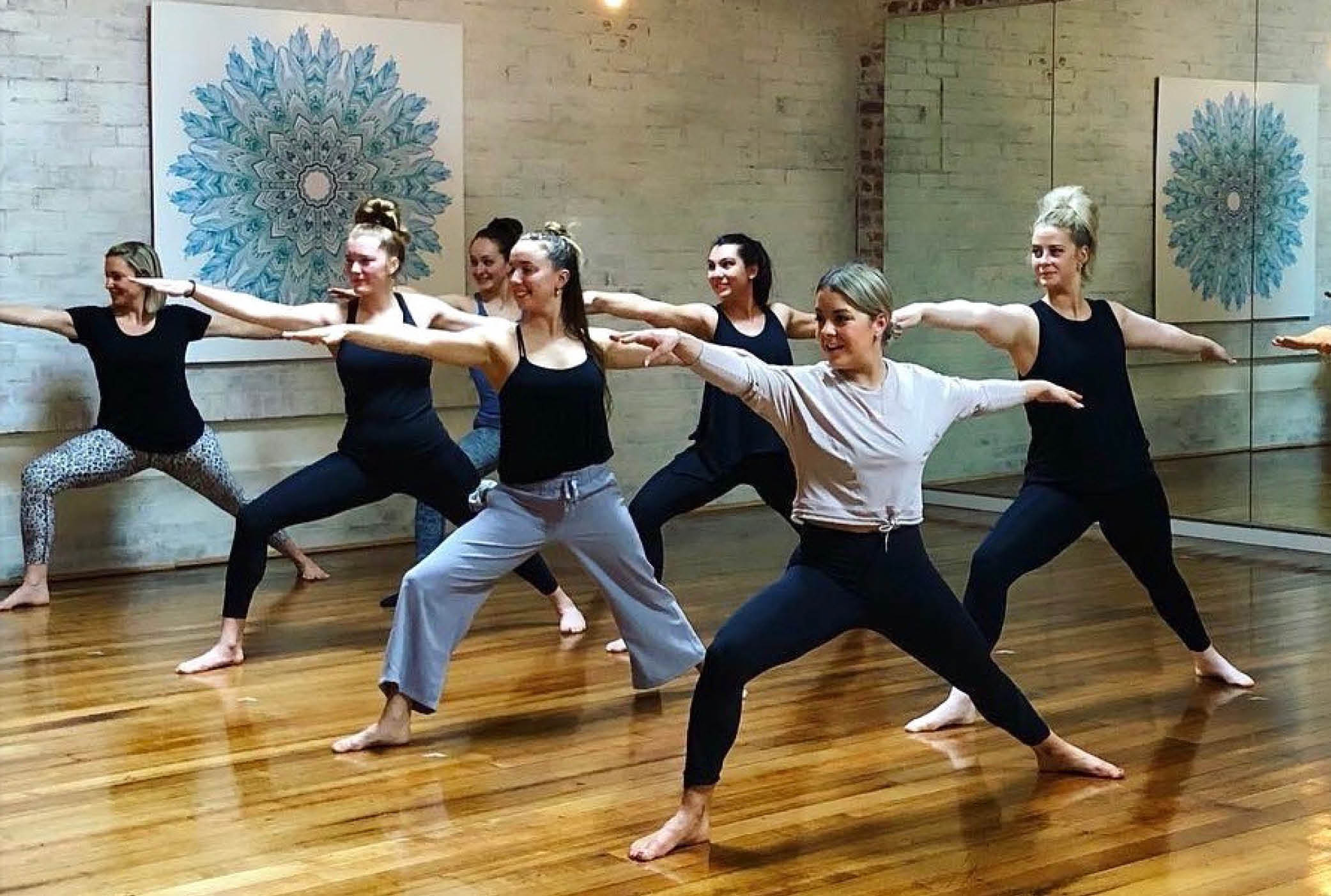
She says that as soon as she stopped using certain products, such as makeup, she finally got her period back and managed to get pregnant after some time trying. Of course, this may well be the case, but there’s no voice in the podcast challenging Dr Burkart’s reductive claims, and I fear that if we continue in this way, the number one podcast in the country will be influencing the nation with false health hacks and misinformation.
Even with my apprehension towards extreme versions of wellness, I still found myself curious enough to look into some of her statements. A quick Google search led me to a flood of environmental studies, but it took some digging to find research explicitly linking microplastics to human health. While dense academic journals overwhelmed me with technical jargon, I eventually found articles from The Financial Times and The Guardian supporting Burkart’s claim that microplastics are harming our health. One point in particular left me rattled: air pollution is our biggest health risk, and solving it requires global action. So, whether I replace my kitchenware or use only organic products, I’ll still breathe in and ingest microplastics—the pervasiveness of plastics in modern life makes it virtually inevitable. Faced with this, I felt helpless. We’re told microplastics are deadly, yet they’re everywhere, and there’s little we can do about it. This leads me to my next point.
My issue is that the internet, including podcasts, is feeding us so much information that we’re in a constant state of fear.
Having access to the latest findings from health experts is both a blessing and a curse—we’re empowered to use tools such as glucose monitors, supplement our bodies with minerals and vitamins we may lack, and access information that helps us avoid harmful products. But as I’ve learned, we’re not always equipped to interpret this information correctly. The positive aspects of this rise in wellness are, of course, that we are becoming increasingly conscious and attentive towards our health. But what is worrying is where we are sourcing this information from.
There are, of course, great, credible content creators such as Dr Mike Banna, Dr Karan Rajan, and even podcasters like Chris Williamson. While Williamson isn’t from a medical background, he interviews guests (including Bartlett) with curiosity and challenges their claims for the benefit of his listeners. Interview highlights are made with a clear hook, but they are not curated with a headline-grabbing, extreme point of view. Chris is inquisitive and asks questions with reason and intelligence. He challenges guests not to persuade listeners of his own point of view but to rightly play devil’s advocate. Similarly, Dr Karan Rajan uses his platform to provide a rounded, evidence-based approach for viewers who have concerns about their health. Ultimately, social media has the potential to be a source of effective and useful health guidance, but it has a little way to go before we can trust the information on there.
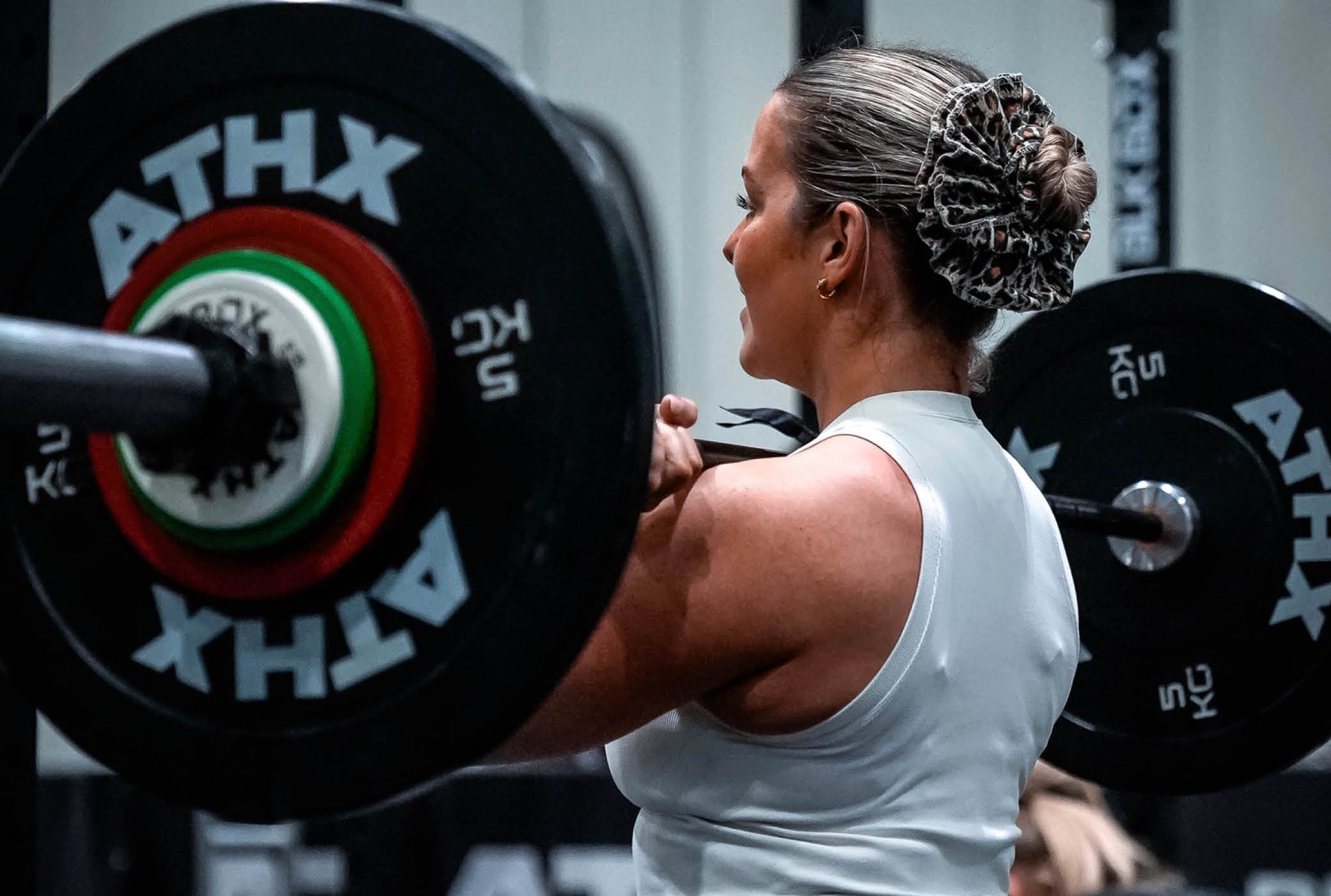
information
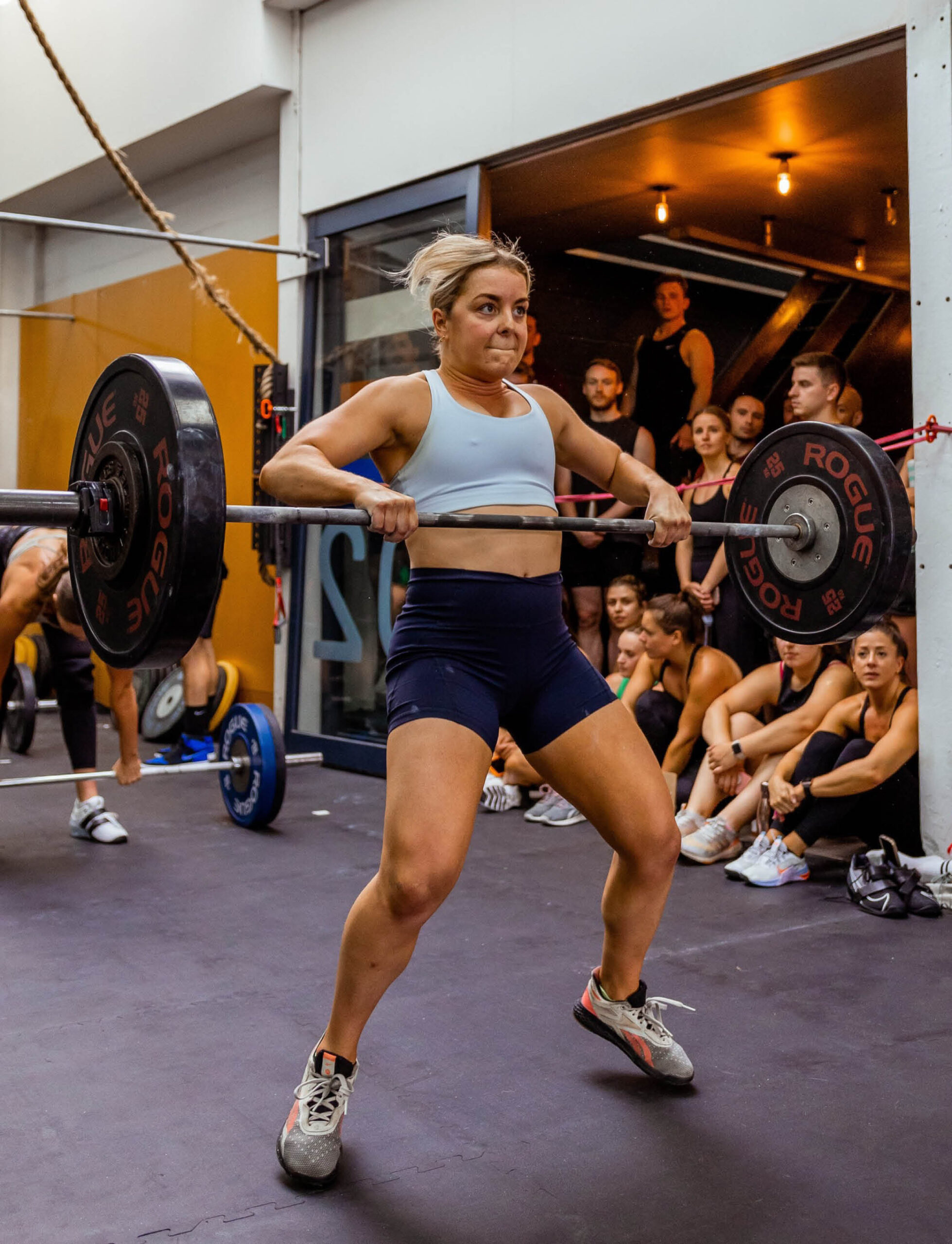
In conclusion, the wellness movement has undeniably transformed how we think about health, from the way we eat and exercise to how we manage our mental and physical well-being, certainly for me. But as the industry has grown, so too have the complexities and contradictions that come with it. While the accessibility of health information has empowered us to take health and wellness into our own hands, it has also led us down a path of confusion and overwhelm, fuelled by unqualified voices and marketing-driven narratives that often blur the line between genuine advice and self-serving promotion.
As someone who has navigated the highs and lows of wellness obsessions, I’ve come to realise that true health doesn’t lie in the extremes, the latest trendy product, or the next viral hack. It lies in a balanced, self-aware approach – one that considers our individual needs and listens to our bodies, not just the loudest voice in the room. Social media and wellness influencers have a role to play, but it’s crucial that we learn to discern credible, science-backed advice from sensationalised, unverified claims.
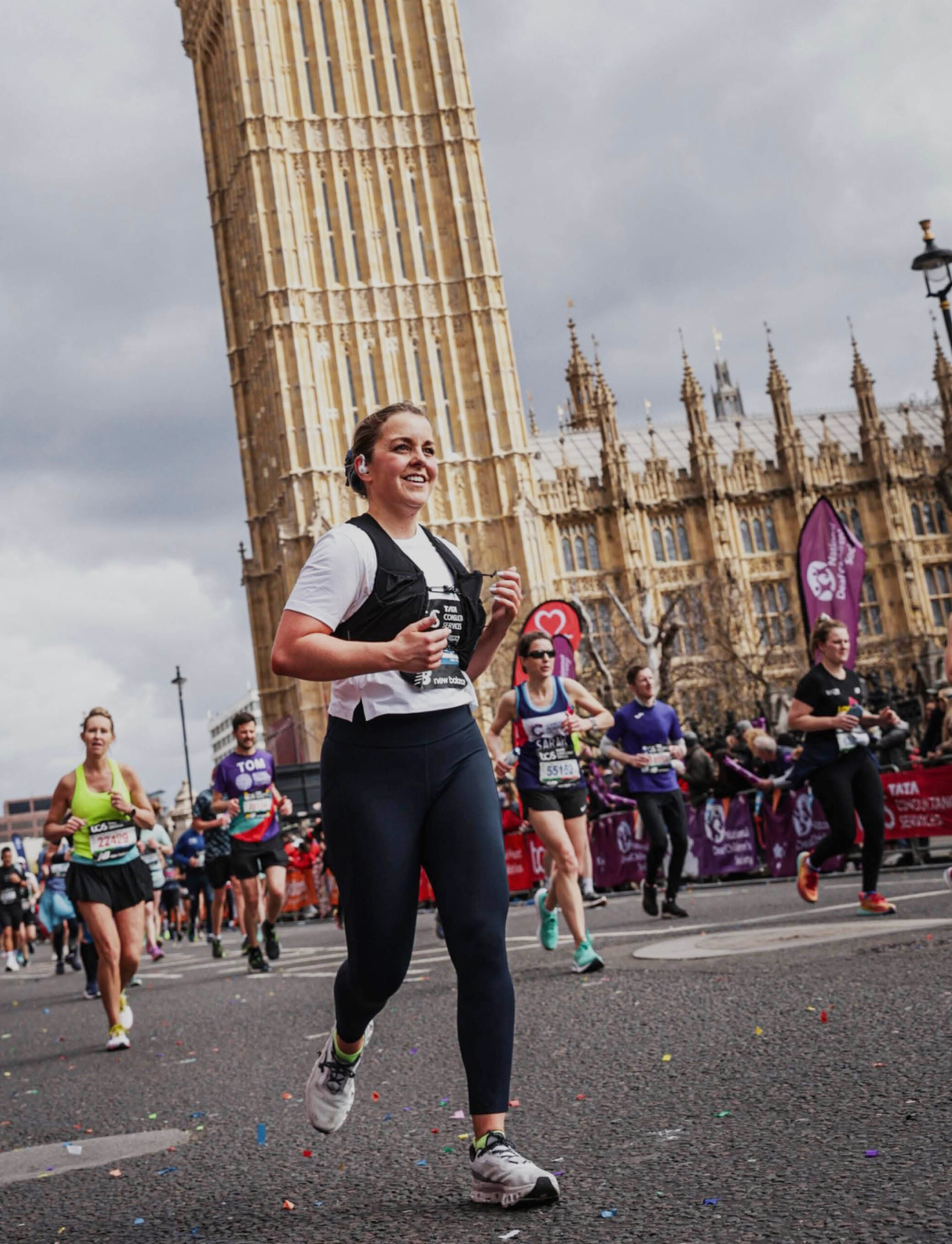
Ultimately, the question isn’t just about regulating content; it’s about reclaiming agency over our health and learning to trust the process, even when it feels like the world is constantly urging us to do more, be more, and buy more. We can’t rely solely on the internet or social media to dictate what’s best for our bodies. It’s time to take a step back and remember that wellness is a deeply personal journey—one that is far from one-size-fits-all.
So, as we move forward in this wellness-saturated world, let’s choose to focus on what truly serves us while filtering out the noise. Only then can we achieve a sense of real, sustainable well-being.
What do you think? Has the wellness movement genuinely improved our health, or has it made things more overwhelming than ever? We’d love to hear your thoughts— let us know what you think over on social.

